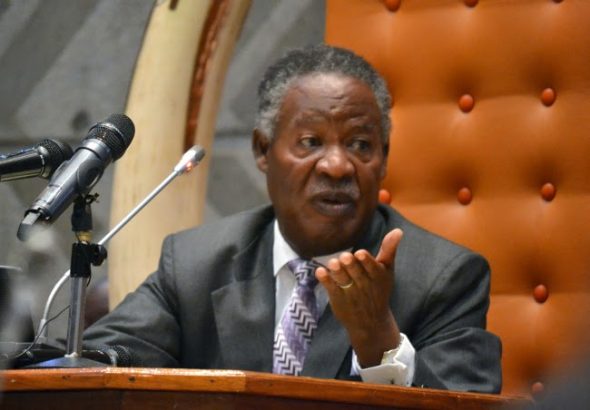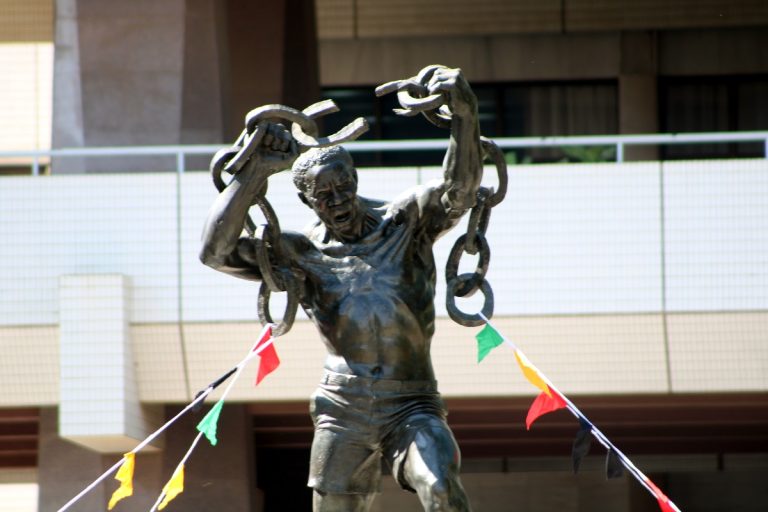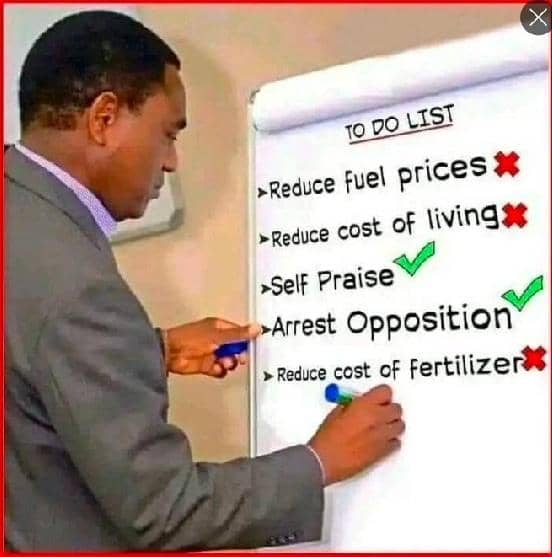
It’s imperative that we remain vigilant, demand accountability, and strive for a future where those who commit white collar crimes face justice.
By Dr. Mwelwa | WD Columnist.
Lusaka, July 19 – In a world where corruption and illicit dealings often go hand in hand, the presence of white collar criminals has become increasingly apparent.
These individuals, often disguised within the realms of political power and influence, have managed to evade justice through a web of legal complexities and loopholes. However, the determination to bring them to justice remains strong, as the burden of their actions should not fall upon the shoulders of ordinary citizens.
Amidst the prevalence of tax concessional laws, suspicions arise about fraudulent practices and illegitimate deals. These concessions, designed to promote economic growth and development, have become a source of controversy. However, proving the illicit nature of these contracts remains a significant challenge. The law is often complicated, making it difficult to find concrete evidence of wrongdoing.
Both the PF and UPND governments have faced scandals involving illicit deals worth billions of dollars. However, the careful execution of these crimes makes it nearly impossible to convict the perpetrators in any court of law. They leave no trace of their crimes behind, leaving investigators and prosecutors with limited options.
Also Read: State House forced ethical Banda to resign as ZCCM-IH Chair.
Corruption has found its partner in the form of awarded contracts, which have become breeding grounds for illegal activities. These contracts allow ill-gotten gains to flow seamlessly into the hands of those involved, perpetuating the cycle of corruption. Many politicians face allegations of corruption and possession of goods obtained through criminal means. However, bringing these individuals to justice remains a daunting task.
The Financial Intelligence Centre (FIC) report reveals a grim truth: illegal deals are taking place right under our noses. White collar crimes, ranging from embezzlement to fraud, have infiltrated the highest echelons of society. Despite the severity of these crimes, they are often labeled as mere “white collar crime,” diminishing their gravity. This labeling must be challenged to ensure these crimes are treated with the urgency they deserve.
While the court of public opinion frequently finds these individuals guilty, the courts of law tell a different story. The burden of tangible evidence, the intricate legal maneuvers employed by defense lawyers, and the high standard of proof required for conviction contribute to the difficulty in bringing white collar thieves to justice. The complexities of the law often favour the accused, creating a significant challenge in delivering justice.
One of the most concerning aspects of this predicament is the exorbitant costs of roads and infrastructure projects. These contracts have supposedly passed all legal tests required by the law. However, doubts persist, casting a shadow over the process. Will the perpetrators responsible for these inflated costs ever face the consequences? Or will it be the ordinary citizens, burdened with unsustainable debts, who ultimately pay the price for these crimes?
As the pursuit of justice continues, it becomes evident that convicting white collar criminals is a monumental task. The intricate legal system and the allure of power wielded by those involved create a perfect storm, making justice elusive.
However, it is imperative that ordinary citizens remain vigilant, demand accountability, and strive for a future where those who commit white collar crimes are held responsible. Only then can we hope for a society where corruption is no longer shielded by impunity.
About The Author: Dr. Lawrence Mwelwa is a respected academician, a former Vice Chancellor, a politician and revolutionary writer.
You can follow Woodpecker’s Digest on Twitter and Facebook. Remember to add to the comments below to share your thoughts.
©2023 Woodpecker’s Digest.
Putting news into perspective







